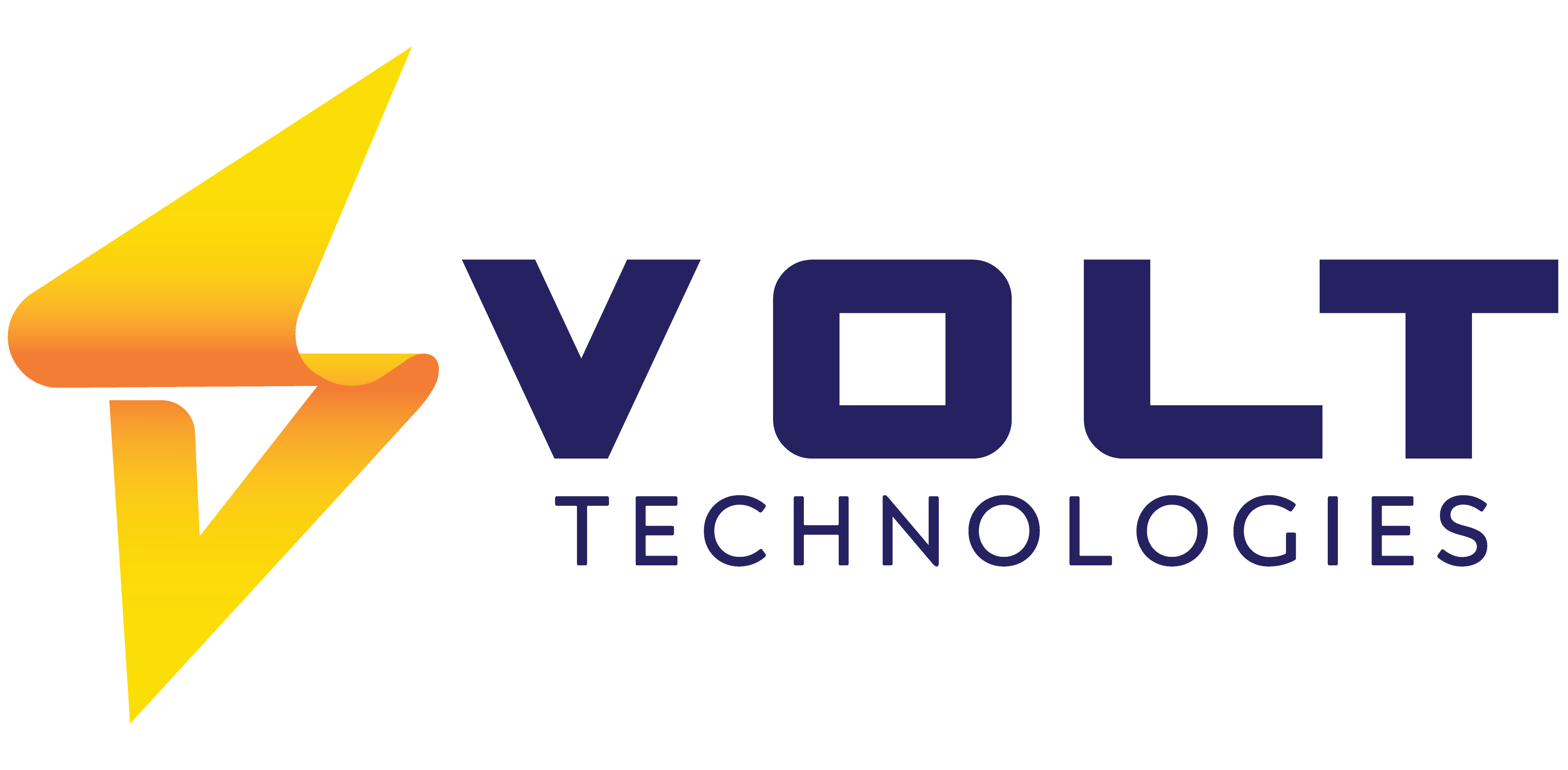Top Benefits of Managed IT Services: Cost Savings, Security, and Expert Support


Microsoft Dynamics 365 | Simplify your IT footprint and make decisions faster.
- September 17, 2025
Introduction
In today’s fast-paced digital world, small and mid-sized businesses can’t afford IT downtime, security breaches, or unpredictable costs. This is why more organizations are turning to Managed IT services. Instead of relying only on in-house staff, companies partner with an IT managed service provider (MSP) to gain cost savings, stronger security, and access to expert support.
The real benefits of managed IT services go beyond fixing problems when they occur. From 24/7 IT monitoring and support to proactive IT management and cybersecurity through managed services, MSPs give growing businesses the tools and confidence to operate without disruption. For leaders asking why use managed IT services?, the answer is clear: predictable costs, enhanced security, and access to certified professionals who help you scale.
Why Use Managed IT Services?
Managing IT in-house can be expensive and overwhelming, especially for small and mid-sized businesses. Hiring full-time staff, investing in infrastructure, and keeping up with new technologies often stretches budgets and limits flexibility. This is where outsourced IT support through a trusted IT managed service provider (MSP) becomes a game-changer.
With an MSP, businesses gain access to proactive IT management, 24/7 IT monitoring and support, and predictable pricing. Instead of reacting to problems after they happen, your systems are monitored continuously to prevent downtime. This approach minimizes disruptions, boosts efficiency, and ensures your technology always supports day-to-day operations.
MSPs also deliver specialized skills that most in-house teams struggle to match. From network security services for businesses and regulatory compliance support to cloud-based managed services and cybersecurity through managed services, an MSP provides enterprise-grade expertise at a fraction of the cost. This allows SMBs to access the same level of IT capabilities as larger enterprises, without the high overhead.
Unlike the reactive break-fix model, managed IT support services ensure issues are addressed before they impact productivity. For example, if your systems show signs of a potential failure, proactive monitoring triggers preventive measures immediately, saving you the downtime and expense of a full outage. This not only improves uptime but also gives business leaders peace of mind knowing their technology is being managed by experts.
MSP vs In-House IT
- MSP benefits: lower costs, access to certified IT professionals, scalable IT services for SMBs, predictable IT budgeting, stronger cybersecurity, and faster response times.
- In-house limitations: higher payroll, ongoing training requirements, limited expertise across multiple areas, restricted coverage (especially outside office hours), and slower adoption of emerging IT support trends for 2025.
For SMBs looking to grow without overspending, the benefits of managed IT services provide both cost efficiency and strategic value. By leveraging an MSP, businesses gain not only technical support but also a long-term partner for digital transformation with managed IT.
Cost Savings and Predictable IT Budgeting
One of the most compelling benefits of managed IT services is cost savings. Maintaining an in-house IT team requires salaries, training, hardware, and ongoing infrastructure investments. These costs add up quickly and often create unexpected budget spikes. By contrast, partnering with an IT managed service provider (MSP) shifts IT expenses into a predictable monthly subscription.
With managed services, businesses benefit from affordable IT solutions for small businesses and avoid large capital expenses. Instead of worrying about hardware failures or sudden repair costs, you gain predictable IT budgeting with managed services, a fixed monthly fee that covers monitoring, updates, and support. This makes it easier for leaders to plan long-term without surprises.
MSP vs In-House IT: Cost Comparison
- In-House IT: High payroll costs, ongoing training, hardware refresh cycles, and limited coverage.
- Managed IT Services: Flexible monthly fee, access to certified IT professionals, reduce IT expenses with MSP, scalability as you grow.
With IT outsourcing cost benefits, SMBs can save up to 30–40% on IT overhead while improving reliability. This frees up capital to reinvest in growth initiatives like digital transformation with managed IT.
Enhanced Security with Managed IT Services
Cybersecurity threats are one of the biggest challenges for small and mid-sized businesses. Without the right protections in place, a single data breach or ransomware attack can result in costly downtime, reputational damage, and compliance penalties. This is why many companies turn to managed IT services to strengthen their defenses.
Through cybersecurity managed services, businesses gain access to network security services for businesses such as firewalls, endpoint protection, intrusion detection, and data encryption. An IT managed service provider (MSP) also ensures that systems are patched regularly, vulnerabilities are addressed quickly, and compliance standards (GDPR, HIPAA, PCI DSS) are maintained.
Business Continuity Through Managed IT
Beyond prevention, MSPs help organizations plan for the unexpected. Services like automated backups, disaster recovery, and 24/7 IT monitoring and support ensure that your business stays resilient even during disruptions. With managed IT support services, downtime is minimized and teams can keep working without disruption.
SMBs using cybersecurity through managed services are far less likely to experience prolonged downtime or data loss, making it a critical investment in both protection and long-term trust.
MSP vs In-House IT: Which Is Better for SMBs?
Criteria | Managed IT Services (MSP) | In-House IT |
Cost | Lower costs with fixed monthly fees; predictable IT budgeting with managed services | High payroll, benefits, and training costs |
Expertise | Access to certified IT professionals across multiple specialties | Limited to the skills of a small internal team |
Support Availability | 24/7 IT monitoring and support with proactive management | Limited coverage, often only during office hours |
Scalability | Scalable IT services for SMBs; pay for what you need | Scaling requires hiring and training new staff |
Security | Advanced cybersecurity through managed services and compliance support | Security depends on internal knowledge and resources |
Innovation | MSPs adopt the latest IT support trends for 2025, cloud, and digital transformation | Slower adoption of new technology due to cost and expertise limits |
For SMBs, MSPs deliver affordable IT solutions with greater expertise, flexibility, and security, making them the smarter choice over in-house IT teams.
Access to Expert Support and IT Strategy
Another key benefit of managed IT services is access to expertise that most small and mid-sized businesses can’t afford to maintain in-house. An IT managed service provider (MSP) offers a team of certified professionals with deep knowledge across multiple technologies, something a single IT hire cannot match.
With managed IT support services, businesses receive expert IT support for growing businesses including proactive monitoring, fast troubleshooting, and ongoing system optimization. Instead of reacting to problems after they happen, MSPs focus on proactive IT management that keeps operations running smoothly.
IT Strategy Consulting for SMBs
MSPs don’t just solve technical problems, they help shape long-term growth strategies. Through IT strategy consulting, SMBs can:
- Plan and execute cloud migrations.
- Upgrade outdated infrastructure.
- Align IT with business expansion goals.
- Support compliance and risk management initiatives.
Cloud-Based Managed Services & Digital Transformation
- Cloud-based managed services simplify operations and reduce infrastructure costs.
- MSPs enable digital transformation with managed IT, helping SMBs adopt modern tools like Microsoft 365, Teams, and Power BI.
- Staying competitive means adapting to IT support trends for 2025, including AI-enabled monitoring, zero-trust security, and hybrid IT models.
With an MSP, SMBs gain a strategic IT partner who ensures technology not only supports current operations but also drives long-term growth trends for 2025.
With an MSP, you gain more than outsourced IT, you gain a strategic partner who ensures your technology supports your business growth.
Conclusion: The Value of Managed IT for SMBs
For small and mid-sized businesses, the benefits of managed IT services go far beyond troubleshooting. Partnering with an IT managed service provider (MSP) delivers measurable value through cost savings, stronger security, and expert support, all while keeping technology aligned with business goals.
By outsourcing IT, organizations gain affordable IT solutions for small businesses, predictable budgets, and access to certified IT professionals who provide round-the-clock monitoring, cybersecurity through managed services, and proactive IT management. The result is greater efficiency, lower risk, and the freedom to focus on growth instead of IT headaches.
At Volt Technologies, we help growing companies achieve digital transformation through scalable IT services for SMBs and seamless integration with ERP solutions like Microsoft Dynamics 365 Business Central.
Ready to reduce IT costs, improve security, and gain reliable expert support? Contact Volt Technologies today to explore how our managed IT support services can help your business thrive.
